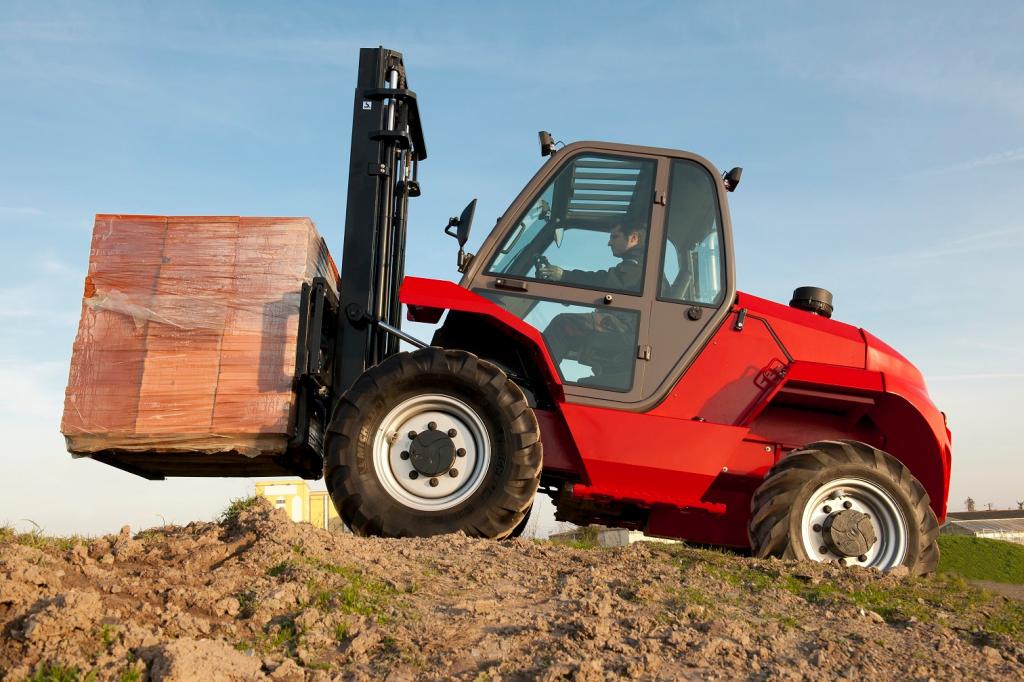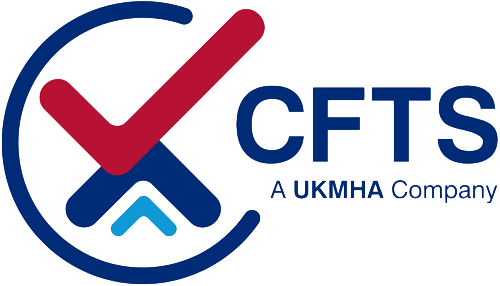Full Thorough Examination “essential”
26 July 2017
New laminated leaflets from Consolidated Fork Truck Services (CFTS) explain why – particularly in agriculture and construction – where accident rates continue to be high – Thorough Examination is as essential for rough terrain trucks and telehandlers as it is for fork lift trucks.

According to the Health and Safety Executive (HSE):
Thorough examination of industrial lift trucks is required under health and safety law: LOLER 1998, which covers lifting equipment, and PUWER 1998, which deals with all other safety-related items, such as brakes, steering and tyres.
While LOLER covers lifting equipment, safety inspections under PUWER look at all other safety-related items – including the brakes, steering and tyre.
CFTS Chairman Geoff Martin said: “There is considerable confusion surrounding the Thorough Examination of telehandlers and rough terrain fork lift trucks.
“Many, for example, believe that this statutory requirement is included in regular servicing. While many more are unsure of how often it’s required and what items should be checked as part of it. Working in such a challenging environment, it’s vital for truck users to be aware of these issues.
“A full Thorough Examination – covering not just LOLER 98, but PUWER 98 too – is a central part of lift truck safety, and it’s essential that anybody running one understands what’s involved.”
The two opposing sides of the double-sided laminated leaflet are designed to clearly illustrate the difference between a LOLER-only Thorough Examination, which focuses on the lifting parts of the truck, and the CFTS approach, which ensures the whole vehicle is safe to use.
With more than 450 companies throughout the UK accredited to carry out CFTS, owners of telehandlers and rough terrain trucks will have someone close at hand with the experience and resources to help them work safely and legally.
Find your local CFTS-accredited company, here.